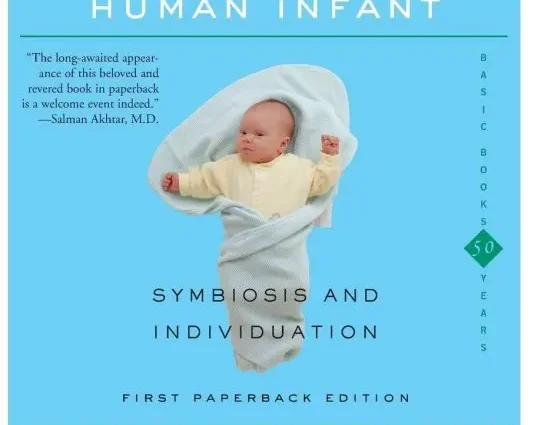A baby feels differently than an adult. When we were 4 months old, we were not sad like now: the point is not only that sadness is different, but also that we did not have that “I” about which we say: “I am sad.”
A baby feels differently than an adult. When we were 4 months old, we were not sad like now: the point is not only that sadness is different, but also that we did not have that “I” about which we say: “I am sad.” Psychoanalyst Margaret Mahler was the first to notice that adult analysts project their adult feelings onto the infant, attributing to him motivations and experiences that he simply cannot have yet. She began her career as a general practitioner, but then became interested in psychiatry, in particular childhood autism and depression. Her work focuses on the development of the child in early childhood, the processes of separation (“the child’s emergence from symbiotic fusion with the mother”) and individuation (“consisting of those childhood achievements that convince the child that he has his own individual characteristics”). This book was published in English in 1975 and has since become a classic, but it was translated into Russian for the first time. Scientific editing was performed by Professor of the Institute of Practical Psychology and Psychoanalysis Mikhail Romashkevich. In his preface, he writes: “I think Mahler’s book will be appreciated first of all by those who feel the difference between the natural development of an infant and forcibly (traumatically) stimulated development. Much has already been written about covert domestic violence, but mostly about older children. We still know very little about infantile covert violence and, I think, are still very afraid to find out.”
COGITO-CENTER, 413 p.










